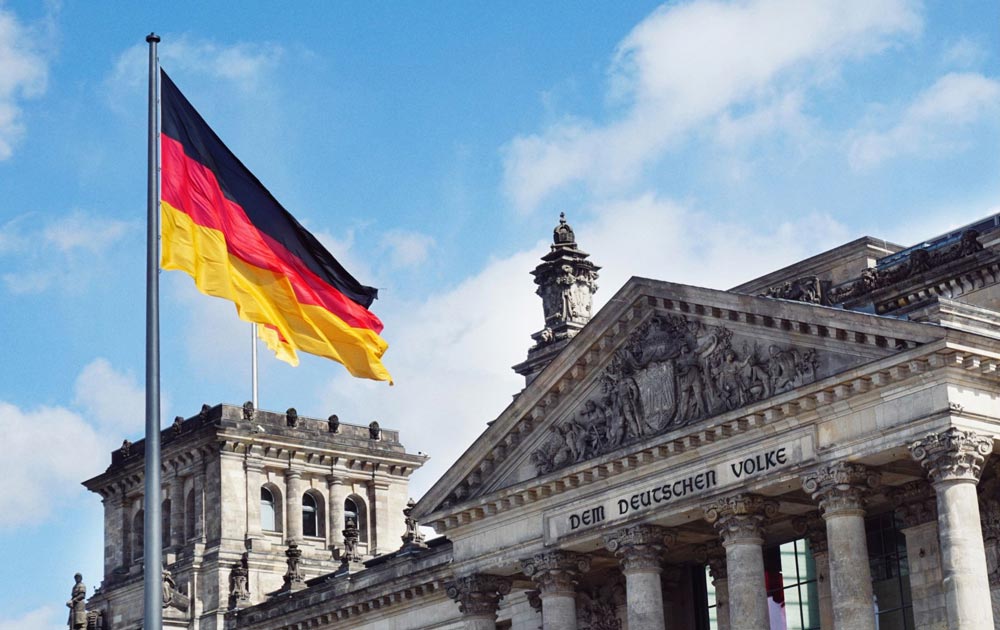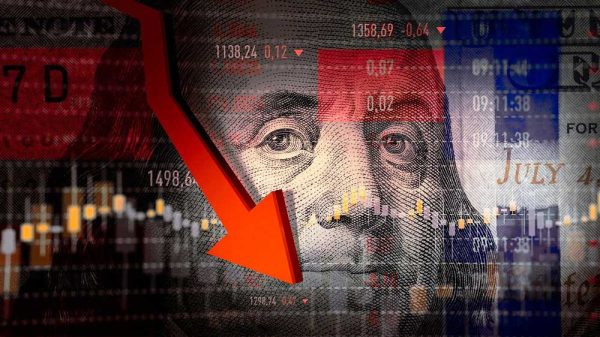Germany, known as the economic powerhouse of Europe, is currently facing a challenging period as its economy grapples with various obstacles. Despite hopes for a recovery, recent data paints a bleak picture, raising concerns about the country’s economic growth in the coming year. With headwinds such as a slowdown in global trade, rising energy prices, and political uncertainties, Germany’s economy finds itself on shaky ground, with few signs of hope on the horizon.
Recessionary Woes
Recent economic indicators have only reinforced the notion that Germany’s economy is still in the midst of a recession. Industrial production experienced a decline of 1.6% in December, contributing to an overall 1.5% decrease in 2023 compared to the previous year. The significance of exports, a pillar of the German economy, also saw a decline of 4.6% in December and 1.4% across the entire year, amounting to 1.562 trillion euros ($1.68 trillion).
Factory orders, often seen as a barometer of economic health, initially appeared promising with an 8.9% increase in December compared to November. However, this growth was largely influenced by volatile large-scale orders, while orders excluding these fell to a post-pandemic low. Factory orders for 2023 as a whole experienced a 5.9% decline.
Mixed Signals
While December’s data does not yet suggest an imminent recovery, there are slight glimmers of hope in the manufacturing sector. The Purchasing Managers’ Index (PMI) report indicates a potential turnaround, with the index edging up to an 11-month high at 45.5. However, this figure still falls below the 50-line threshold, which separates growth from contraction. Economists cautiously acknowledge that the worst may soon be over in the manufacturing sector, but overall economic growth remains uncertain.
Modest Projections
Various experts offer mixed projections for Germany’s economic future. Erik-Jan van Harn, a macro strategist at Rabobank, expects a modest contraction in the first quarter, but foresees some improvement afterward, leading to a flat growth rate for the full year. However, Commerzbank Chief Economist Jörg Krämer maintains a more pessimistic outlook, projecting a 0.3% shrinkage for Germany’s economy in 2024, similar to the contraction experienced in the previous year.
Challenges Ahead
Multiple factors contribute to the current downturn in Germany’s economy. Companies face challenges in adjusting to global rate hikes, higher energy prices, reduced economic momentum from China, and a gradual erosion of Germany’s attractiveness as a business location. Furthermore, external factors, such as political uncertainties both domestically and internationally, pose additional risks.
Political Turmoil
Germany’s coalition government has been under pressure following a budget crisis stemming from a constitutional court ruling that deemed the re-allocation of unused debt to current budget plans unlawful. With a 60-billion-euro hole in the budget, the crisis is expected to resurface during 2025 budget planning, potentially hindering economic recovery. Additionally, low voter satisfaction, as reflected in recent polls, may further destabilize the political landscape.
Global Implications
Trade war threats, particularly those initiated by the United States, loom as a significant concern for Germany’s export-oriented economy. The outcome of the U.S. election and subsequent policies could further impact Germany’s economic prospects. While the extent of these effects remains uncertain, the potential consequences could be felt more acutely in 2025.











